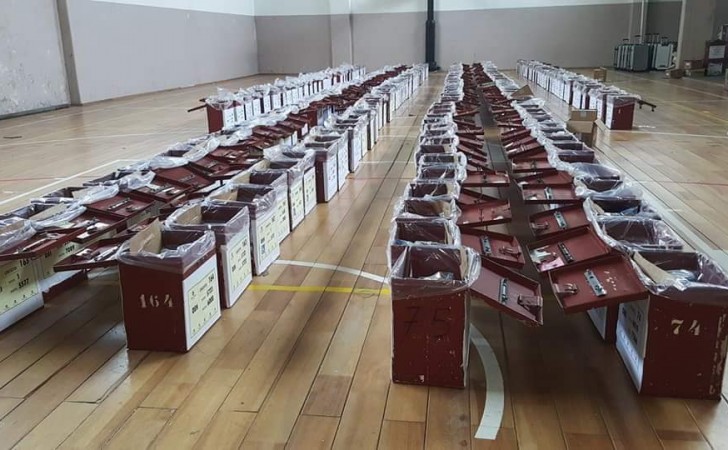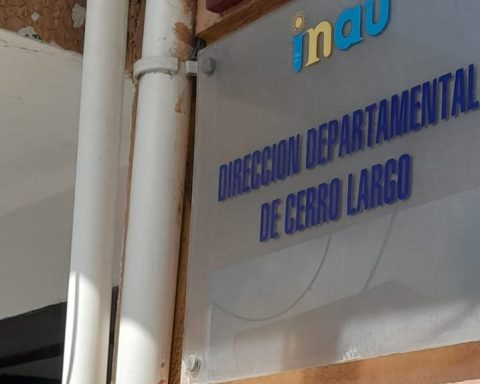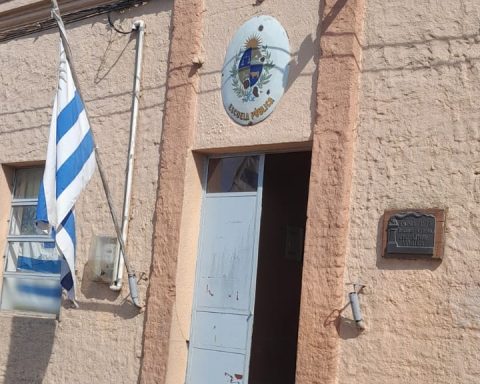
The general elections in Uruguay, scheduled for October 27, 2024, will be a crucial moment in the country’s democratic process. During this day, Uruguayan citizens will go to the polls to elect the new President of the Republic and the members of the General Assembly, which includes the Senate and the House of Representatives.
The electoral process includes the election of the President and the Vice President of the Republic for a five-year term. If no presidential candidate obtains more than 50% of the valid votes, a second round or runoff will be held on the last Sunday of November between the two candidates with the most votes.
Polls project that neither the Frente Amplio candidate, Yamandú Orsi, nor the National Party candidate, Álvaro Delgado, would seem to have enough votes to get there. The closest is Orsi, who has hovered below 50% at various intent percentages, while Delgado is almost always below 25%.
In the second round, Orsi is projected to win in a potential scenario against Delgado, and would also defeat the Colorado candidate, Andrés Ojeda, by a different margin.
How is Parliament renewed?
Additionally, in the October 27 elections, 99 deputies will be elected to the House of Representatives and 30 senators, in addition to the Vice President, who will act as president of the Senate. These legislative positions also have a five-year term.
Uruguay uses a system of proportional representation known as the D’Hondt system for legislative elections. This method seeks to ensure that the number of seats each political party obtains in Parliament is proportional to the number of votes received throughout the country.
The House of Representatives, with its 99 seats, represents the country’s departments. Each department has a number of representatives proportional to its population. Voters elect representatives based on lists presented by political parties. This system allows a greater diversity of parties to be represented in the lower house of Parliament.
The Senate consists of 30 members elected throughout the country in a single constituency, also through lists presented by the parties. The Vice President of the Republic acts as president of the Senate and only votes in the event of a tiebreaker.
Elections on Sunday, October 27
This Sunday, October 27, the Uruguayan population will elect the future President and Vice President of the country, as well as the representatives for the chambers of senators and deputies. The voting options will be presented on a ballot that will contain a list number, the name of the party promoting them and the candidates for Parliament.
Ballots will include the date of the election, “October 27, 2024,” and the appropriate department for which the vote will be cast. In addition, this same day two plebiscitary consultations will be held: one on social security reform, represented with a white ballot, and another on nighttime raids, identified with a yellow ballot, both also with the date “October 27.” of 2024”.
Uruguayan legislation establishes that all citizens registered in the Electoral Registry have the obligation to participate in national elections. Voting is mandatory, which implies that citizens must fulfill their civic responsibility to vote.
The ban begins on Friday
At 00:00 on October 25, the electoral ban begins, which means that, from that point onwards, until the polls close on Sunday, massive events cannot be organized, including football. Nor can electoral advertising be broadcast, political rallies or public squares organized, nor polls or explicit invitations to influence citizens’ votes.
A ban on the sale of alcohol begins on Saturday, October 26, which only ends at 00:00 on Monday, the 28th, that is, the day after the elections.
Where and how do I vote in Uruguay?
The Electoral Roll has already been published by the Electoral Court. You can go to vote only with your identification card, if you do not have a civic credential. You just have to tell the Vote Receiving Commission of the table that corresponds to you. If the person is correctly registered in the corresponding registry, with IQ and civic credential, they can vote legally.
There are 7,225 circuits that will open the polls starting at 8:00 on Sunday, and will close at 7:30 p.m. If there are people inside the premises at closing time, the hours will be extended by one more hour.
Remember that voting is mandatory, and that the Electoral Court fine is 1 adjustable unit, approximately 1,750 pesos today (this value may vary).
Public officials pay 2 adjustable units, and in all cases, payment of the fine is processed through the Electoral Court website.


















